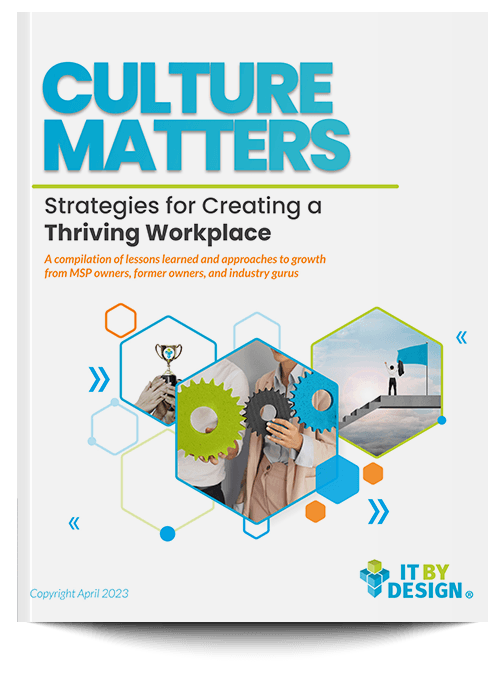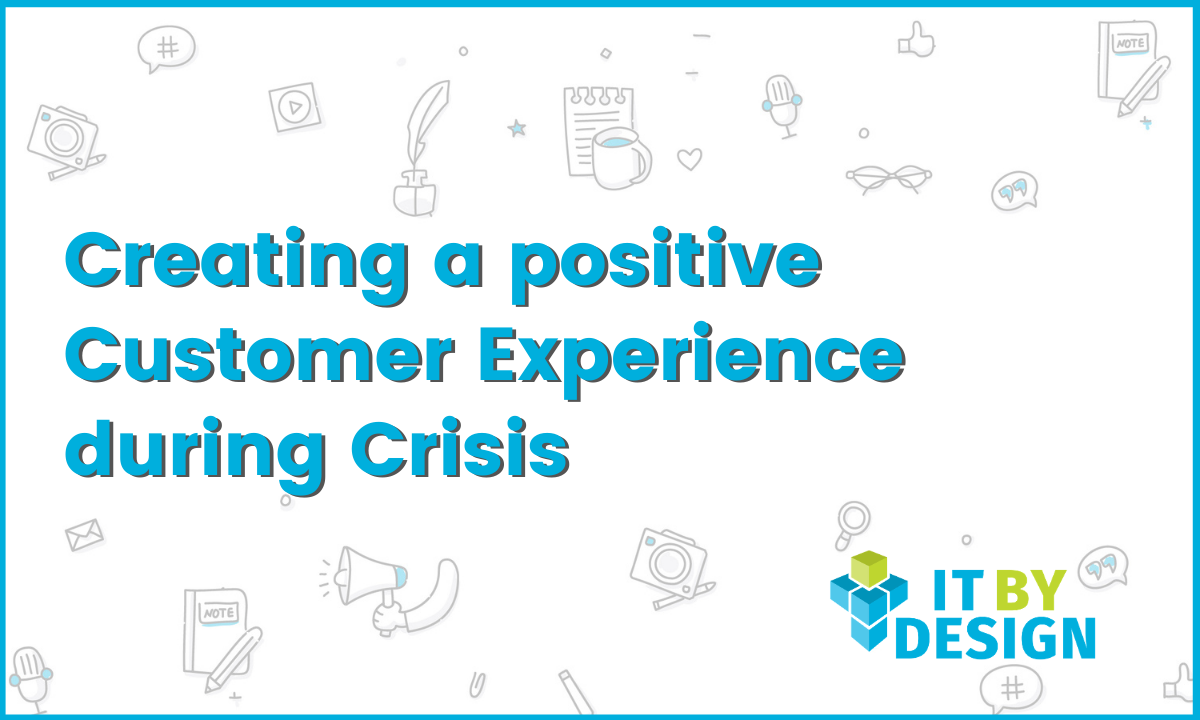It isn’t a secret that the ongoing pandemic has reshaped the global economy. As the economic impacts of COVID-19 remain, many of us are feeling our way towards understanding, reacting to, and learning lessons from rapidly unfolding events. The good news: These lessons can be used moving forward with any other crisis.
As the founder of a business that successfully navigated the last great recession, I can assure you that businesses with a strong client support system can sail through any crisis. No matter how undesired it is, a crisis is still an opportunity for you to revisit your product catalogues, find new markets, and introduce products that match your clients’ needs. A crisis is a time when you should reimagine your customer management model to create a bigger impact and value for your clients.
Share their priorities even if they are changing
Creating positive customer experience during a crisis is all about finding common ground and being on the same wavelength as your clients. To share their priorities, actively listen to what your client has to say and look for shared experiences. Be prepared to invest in time talking with them. Ask questions that will elicit their pain points and then see how you can link your service to their pain. Think about the potential of new offerings given the changing business landscape during a crisis.
Also, don’t forget to nurture people behind the scene. Why, you ask? It is well-established that happy employees lead to happy customers. Pay attention to your engineers’ learning and development as well while your team of HR professionals improves on employee engagement and overall employee experience. As you reimagine your product or service portfolio, your team members should be learning a new skill that will help you build on revised services.
Be proactive
A good business should always be proactively monitoring and anticipating the next problem rather than sending clients static monthly reports on what’s running smoothly and what is potentially at risk. While your engineers should always fix problems as they occur, it’s more advantageous to anticipate an issue and proactively take steps to avoid it. Empower your team to think critically and share proactive suggestions to build additional value for your clients.
Being on your toes, while your partners transition from “work from home to office” or vice versa, can get you shoutouts. When added to your company’s LinkedIn page, these partner testimonials can turn into invaluable assets, adding more referrals to your business.
Be their best friend in need
Make sure you set the right expectations with your client from the start and keep that promise like you would for a good friend. Involve the account manager, technical contact, and the representative who pitched the client for all review meetings to help your entire team stay in sync.
Just like a friend, ensure they can reach out to you 24×7. This may mean cross-training your staff. During a crisis, there shouldn’t be any single point of failure in the absence of designated support staff.
Trust me, staying true to your commitment is something your client will remember once the crisis is over. Clients just like any people respond to emotions, not features and service lists.
Make them feel special
A crisis is a time when your clients will decide to stay or switch to another service provider. Do your best to create a personal experience at each moment of their journey, from on boarding to contract renewal.
Make the most of customer satisfaction surveys to make them feel special and valued. Allow them to suggest ideas and weigh in on new services that you may consider offering. If possible, add a loyalty program, a month-free upgrade, “trial offer” access to new services, and exclusive content as personalized gestures.
Apart from offering solutions, you can always create custom, positive customer experience using engaging content. Continue educating them with emails, webinars, tutorials, and other thought leadership content.
To make support interaction more human and personal, always have someone answer the phone, not an auto attendant. If possible, let them have a variety of options to reach to you. This may include logging in through their member portal, submitting support requests on your website, or calling your office.
Remain emotionally intelligent
Building good client relationships during a crisis are easy to theorize but can be difficult to achieve. But, as long as your clients find you trustworthy and genuinely concerned about their business goals, you are setting yourself up for success while your competition struggles to stay afloat.
This may mean working on the emotional intelligence of your client-facing engineers. To get clients to open up, remind your account managers to be good listeners. Empathy with active listening will dictate what kind of relationship you build with your clients.
Final Thought: Any crisis opens the floodgates to both uncertainty and opportunity. It’s how you adapt that determines the outcome. Whether you are a thought leader in our field or a new leader in another business vertical, these are practices you need to use to remain competitive and create a positive customer experience.







